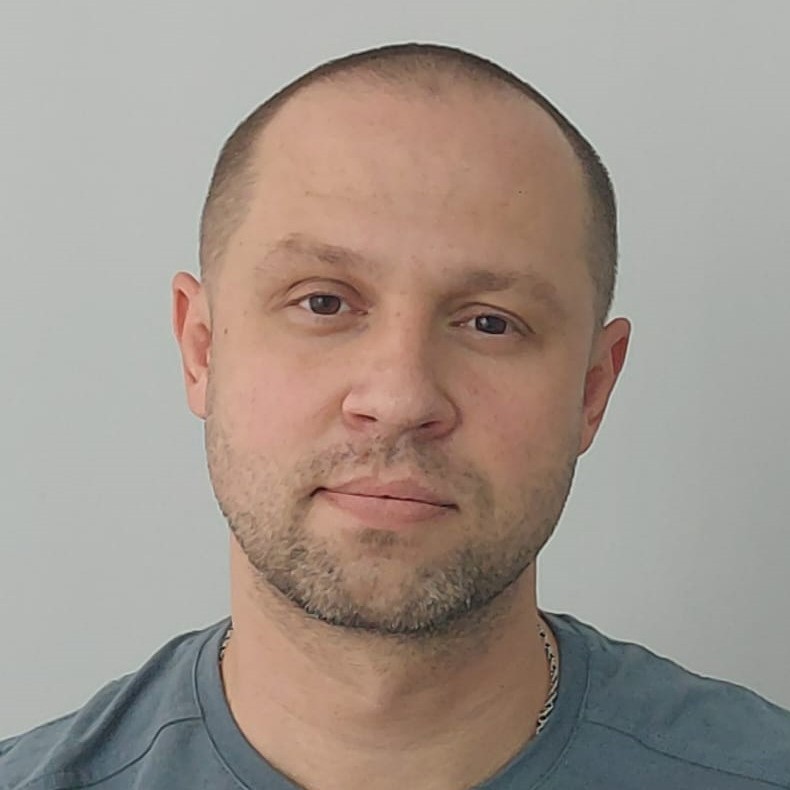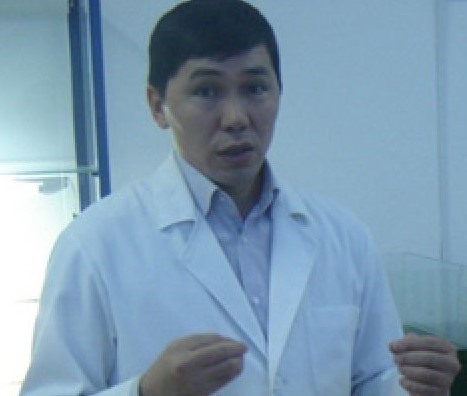The purpose of the educational program is to train specialists in biotechnology and bioengineering who are competitive in the labor market for state, local, regional, and foreign institutions, as well as to train highly qualified scientific and pedagogical personnel capable of innovative activities in the field of science, education and industry.
The objectives of the educational program are:
- to promote the ability to formulate and solve scientific and practical problems at the intersection of sciences in a timely manner, to successfully carry out research and management activities in various institutions of the relevant profile; to carry out scientific, practical and pedagogical activities in universities that train personnel;
- to form the ability to introduce innovative biotechnologies that are essential for the improvement and development of the food industry in the country;
- training of specialists with a high level of professional culture, having an active civic position, able to successfully carry out management and research activities in various research organizations and industries.
Internship, employment:
to know:
- fundamentals of fundamental sciences, on which modern biotechnology is based, in accordance with the specialty and specialization;
- the essence, mechanisms and regularity of the processes of vital activity of living organisms (microorganisms, plants, animals);
- main achievements and trends in the development of biotechnology and bioengineering;
- the essence of progressive technologies within the professional activity of a biotechnologist;
- the main technological processes of processing biological raw materials, production and processing of food products;
- modern methods of genetic engineering, protein engineering, engineering enzymology, chromosomal engineering, cellular engineering;
- device and principles of operation of modern laboratory and production equipment;
- methods of analysis of the most important compounds of living organisms and methods of studying the processes of their vital activity;
- the main provisions of occupational health and safety, professional and scientific ethics, apply them in work.
be able to:
- plan and perform scientific and scientific-pedagogical work of a professional biotechnologist;
- integrate knowledge and express it in a correct, logically-related oral and written form;
- to use knowledge of fundamental sciences in their practical work to solve specific research, information retrieval, methodological tasks in various branches of biotechnology;
- plan, organize and conduct scientific research, production activities;
- to use the knowledge of university psychology and pedagogy in practical activities.
have skills:
- development of pilot research projects and participation in other projects, independent research work;
- the use of computer methods for collecting, storing, processing and implementing information;
- application of the knowledge update system in the course of professional activity, which ensures the active search and use of new information;
- scientific and critical thinking;
- works with accompanying scientific documentation;
- working with an audience of students and specialists;
- regular professional development.
be competent:
- in the professional field of a biotechnologist;
- in scientific and pedagogical work in the specialty;
- in solving scientific and pedagogical problems;
- in professional communication and issues of intercultural communication.
Objects of professional activity:
Research institutes and educational organizations of any profile, manufacturing enterprises of all industries, Central and regional bodies of the Ministry of Labor and Social Protection of the Population of the Republic of Kazakhstan, the Ministry of Agriculture, enterprises of the agro-industrial complex of various forms and types of ownership of the technical supervision and Environmental protection service.
Professional practice, employment:
LLP "KazNII of Processing and Food Industry", LLP "KazNII of Soil Science and Agrochemistry named after U.Uspanov", LLP "Scientific and Production Center of Microbiology and Virology", RSE "Institute of General Genetics and Cytology"
Main learning outcomes:
- work with scientific and technical information, prepare, edit and design materials on research activities, including in a foreign language, and understand the role of scientific knowledge, its structure, forms and methods, social and ethical issues related to the development and use of science, technology and technology (LO1);
- possess scientific methods of obtaining modern scientific knowledge and in-depth study of scientific research methods (LO2);
- develop new high-performance algorithms of bioengineering and nanotechnology, master the methods of designing and implementing the biotechnological process. (LO3);
- use the acquired knowledge for the original development and application of ideas in the context of scientific research; critically analyze existing concepts, theories and approaches to the analysis of processes and phenomena (LO4);
- analyze methods and tools for optimizing the biotechnological process. (LO5);
- use modern information technologies in the educational process and demonstrate the skills of professional communication and intercultural communication, public speaking, correct and logical design of their thoughts in oral and written form, necessary for everyday professional activities (LO6);
- to model and conduct scientific research in modern biotechnological processes (LO7).
Regulations on the research work of a doctoral student
Program on the passage of pedagogical practice for doctoral students





